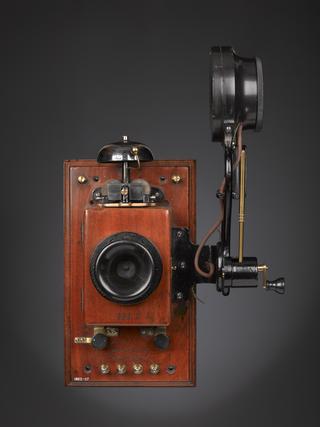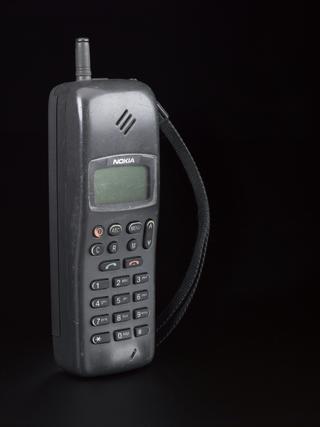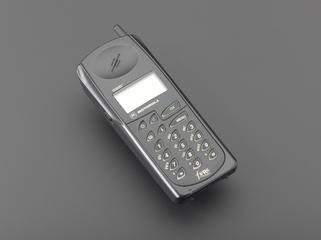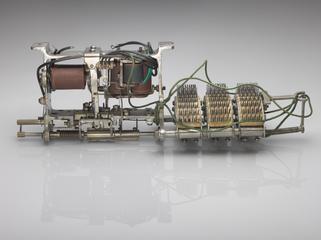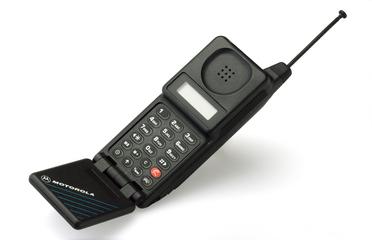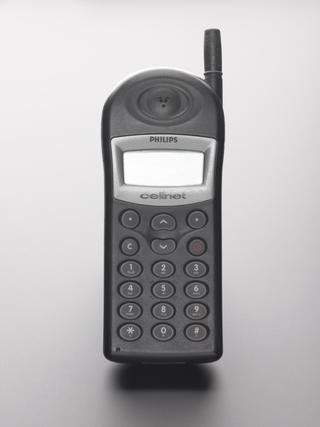
No. I.T. Morse tape printer, 1925
- maker:
- Creed and Company Limited








No. I.T. Morse tape printer, manufactured by Creed and Company Limited, Croydon, London, England, 1925.
Charles Wheatstone developed the automatic Morse sender and receiver in the mid-nineteenth century. The sender used two-unit perforated tape which had to be prepared by hand. Creed and Co Ltd designed a set of equipment in the early 1920s which automated the entire process of preparing, sending and receiving telegraph messages. Known as the 'high-speed Morse system', it comprised a keyboard perforator for preparing the tape, a motorised sender, a reperforator for making a tape of received messages and a motorised high-speed printer which could print up to 100 words a minute. Such equipment remained in widespread use in newspaper offices and government departments until the 1950s.
Details
- Category:
- Telecommunications
- Object Number:
- 1950-226/5
- Materials:
- metal (unknown) and paint
- Measurements:
-
overall: 255 mm x 305 mm x 620 mm, 20.5 kg
- type:
- telegraph
- credit:
- Donated by Creed and Company Limited
